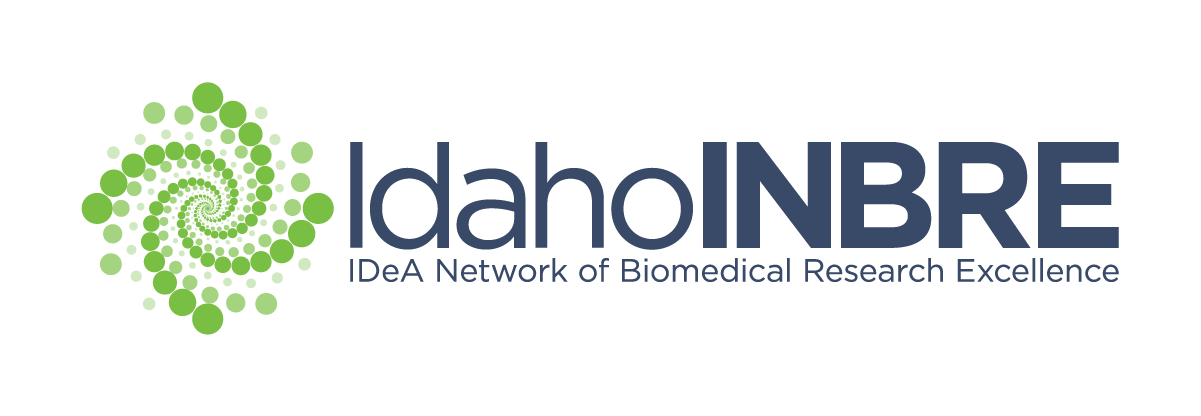
- Name: Douglas G. Cole, Ph.D.
- Institution: University of Idaho
- Department: Biological Sciences
- Phone: 208-885-4071
- Email: dcole@uidaho.edu
- Website: https://www.uidaho.edu/sci/biology/people/faculty/dcole
Summary: Our laboratory pursues two very different aspects of biomedical research. Our NIH-funded research focuses on intraflagellar transport (IFT), a molecular motor-driven motility that is essential for the assembly and function of nearly all eukaryotic cilia and flagella. After we linked IFT in cilia to the common human disease of polycystic kidney disease (PKD) (Pazour et al, 2000), IFT and cilia have been associated with a growing family of related disorders known as ciliopathies. Since five of the six proteins found in the IFT complex A have been associated directly with these human ciliopathies, we have shifted much of our focus to the structure-function analysis of these ciliopathic components of the IFT particle. Students working on this project will want to learn how to purify, manipulate and characterize both DNA and protein while exploring the structural architecture of the complex A proteins.
Our second area of focus involves the isolation and analysis of regional algae and associated photosynthetic microbes (e.g. Euglenids) in a search to identify new sources of essential fatty acids and other lipids that may have nutraceutical applications. The Euglenids and certain algae are especially attractive because they make significant quantities of key ?-3 fatty acids (i.e. EPA and DHA) are essential in the early development and continued function of neuronal tissues. Students working on this project will employ microbiological skills to manipulate algae and biochemical skills to isolate and characterize fatty acid profiles. One intriguing direction that this project may head is to examine how co-culturing with other microbes may affect the metabolic (i.e. fatty acid) profiles.
Minimum Classes: Organic Chemistry. Quantitative Chemistry, Microbiology & Biochemistry are all useful but not required.
Projects: Summer projects depend on the experience and interest of the individual.



